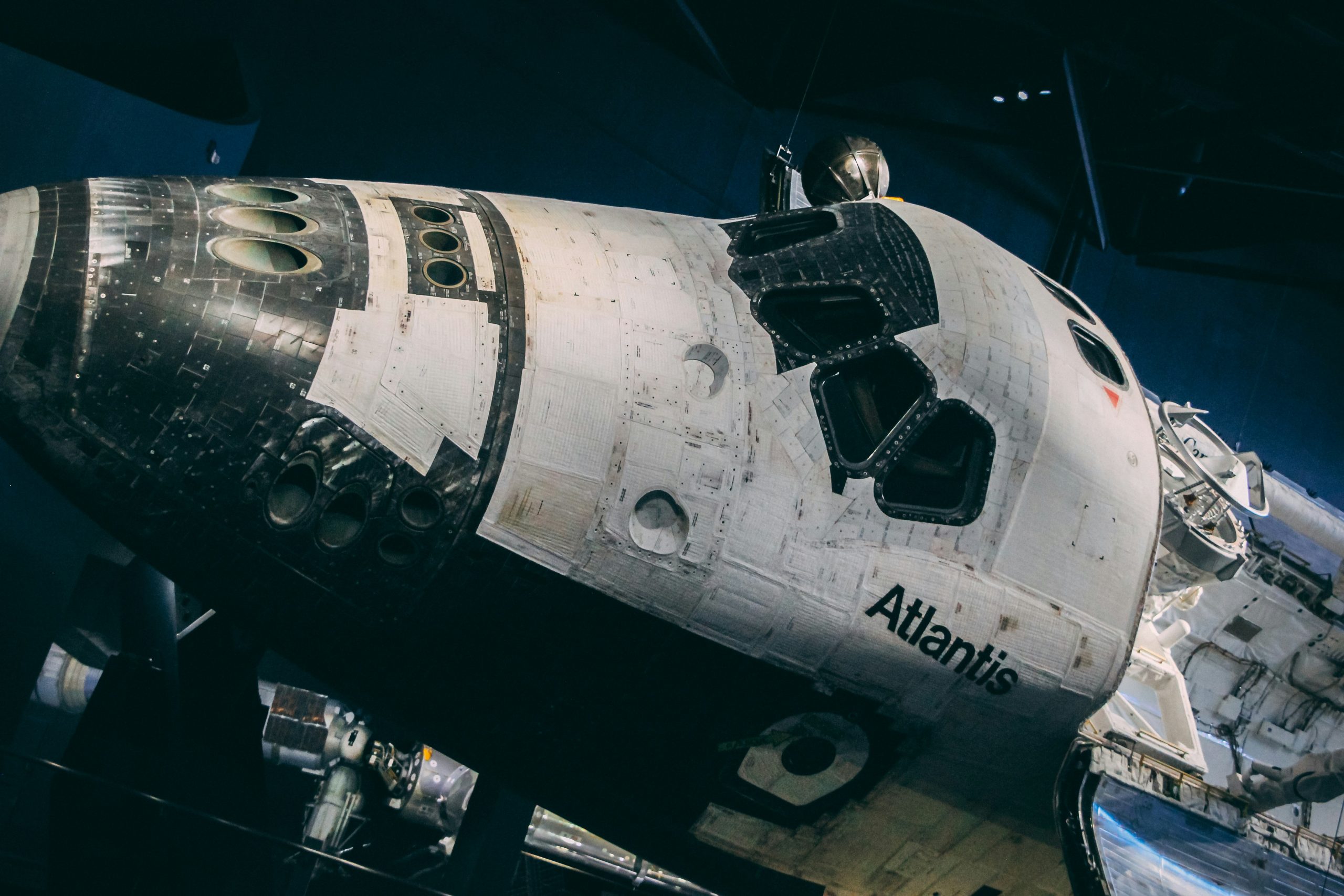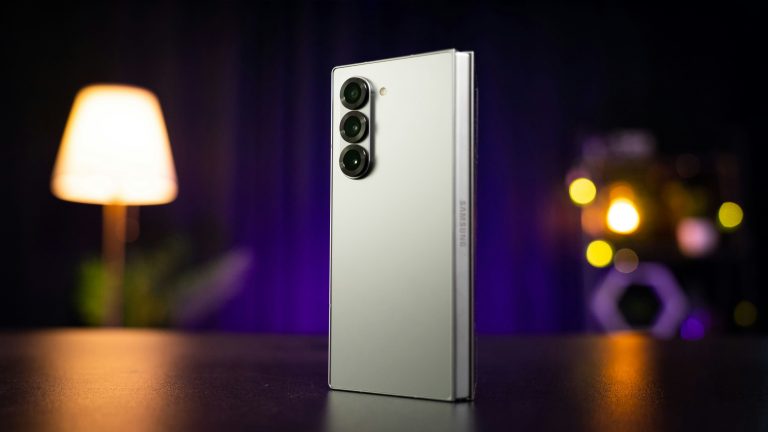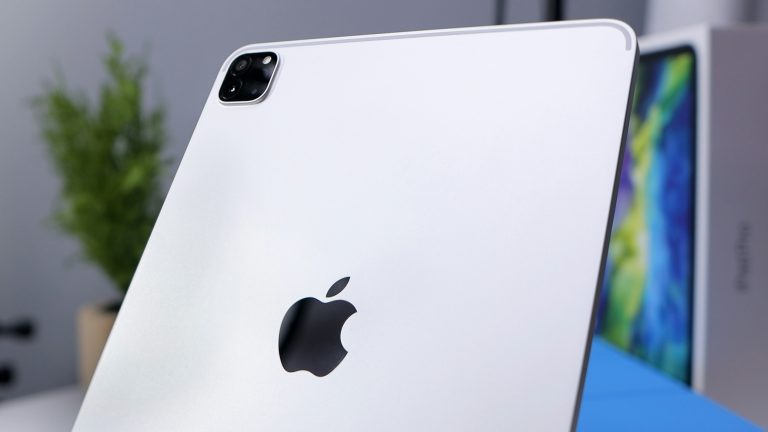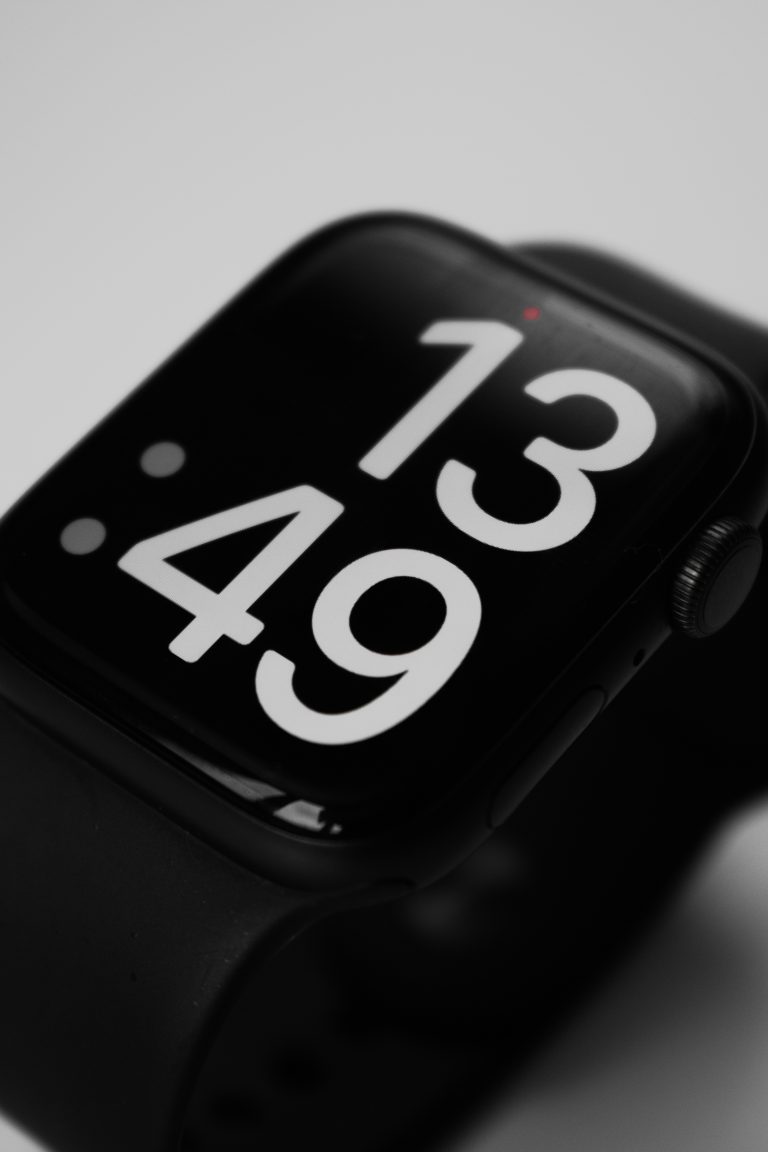The Role of AI in Space Exploration and Astrobiology
2 Introduction
1 Thesis Statement: AI is revolutionizing space exploration and astrobiology by enhancing data analysis, automating spacecraft systems, and improving the search for extraterrestrial life — making space missions more efficient, autonomous, and scientifically productive.
2 Context: The vastness of space, limited human access, and overwhelming data volumes make artificial intelligence an ideal partner in the search for cosmic knowledge.
3 Why AI Is Critical in Space Exploration
1 Vast Data Sets: Missions like those from the James Webb or Hubble telescopes generate terabytes of data daily.
2 Delayed Communication: Real-time decision-making is difficult in deep space due to signal lag; AI enables on-board autonomy.
3 Mission Complexity: Spacecraft and rovers must navigate unknown terrain, manage resources, and adapt to unexpected challenges.
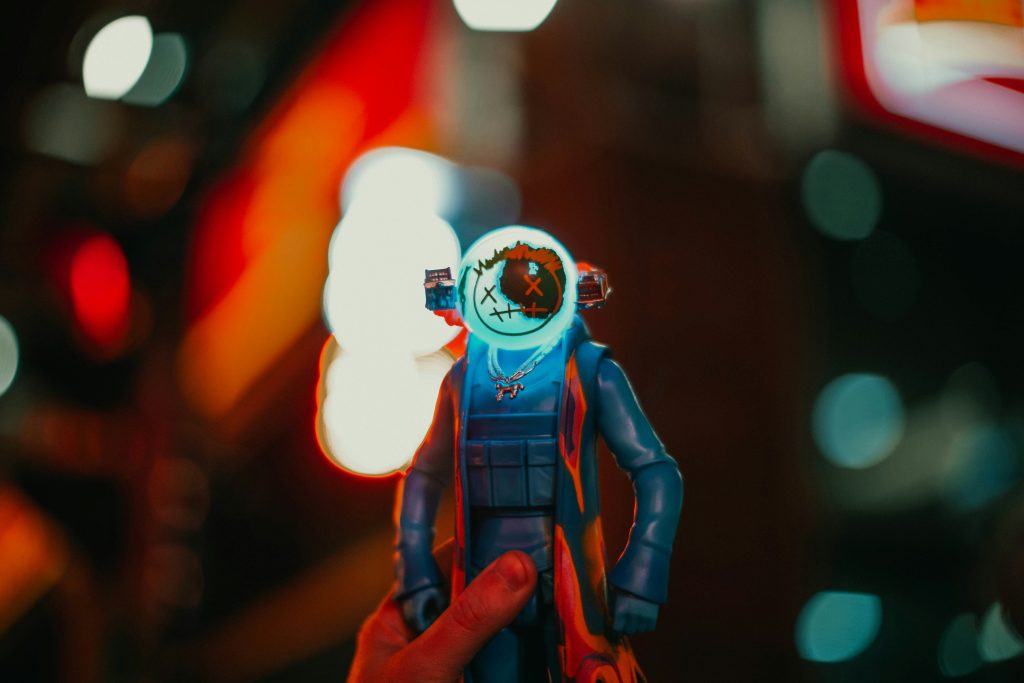
4 Applications of AI in Space Missions
Autonomous Navigation:
1 Mars rovers like NASA’s Perseverance use AI to make real-time pathfinding decisions without waiting for commands from Earth.
Spacecraft System Management:
2 AI monitors spacecraft health, power, and environmental conditions to detect anomalies or optimize performance.
Satellite Imaging and Analysis:
3 AI processes vast satellite imagery to identify geological features, water signatures, or biosignatures faster and more accurately than humans.
5 AI in Astrobiology: The Search for Life Beyond Earth
Exoplanet Discovery:
1 AI algorithms (e.g., deep learning on Kepler data) identify exoplanets by recognizing transit patterns in star brightness.
Spectral Analysis:
2 AI analyzes atmospheric data from distant planets to detect potential biosignatures like oxygen, methane, or water vapor.
Pattern Recognition in Biosignatures:
3 Machine learning helps distinguish between biological and non-biological chemical processes.
Simulation of Alien Life Scenarios:
4 AI models theoretical environments where life might exist, even in extreme or non-Earth-like conditions.
6 Supporting Human Spaceflight
AI Assistants:
1 Projects like CIMON (Crew Interactive Mobile Companion) assist astronauts on the ISS by responding to voice commands and retrieving information.
Health Monitoring:
2 AI tracks astronaut vitals and predicts potential health issues in real-time.
Resource Optimization:
3 AI manages life-support systems, energy usage, and mission logistics.
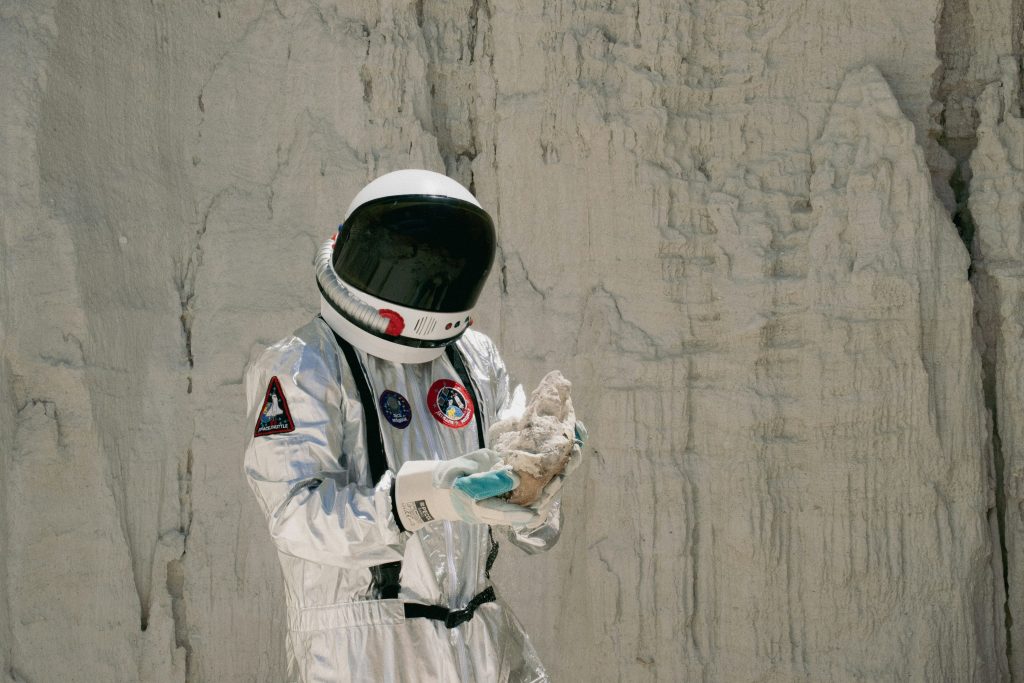
7 Challenges and Consideration
Reliability:
1 AI systems in space must be highly fault-tolerant; a single error could endanger missions or crew.
Interpretability:
2 Black-box AI models can make critical decisions but may be difficult to audit or explain.
Ethical Considerations:
3 As AI becomes more autonomous, questions arise about decision-making responsibility especially in manned missions.
8 The Future of AI in Space
Interstellar Missions:
1 AI could autonomously control probes sent beyond the solar system, making discoveries and adjustments without human input.
Terraforming and Colony Management:
2 Future Mars or Moon colonies may use AI to regulate ecosystems, agriculture, and energy systems.
Enhanced Astrobiological Discovery:
3 As instruments become more sensitive, AI will be essential in detecting weak or ambiguous signals of alien life.
Conclusion
Final Thought: AI is not just assisting space exploration — it is becoming essential to it. Whether guiding rovers, analyzing alien atmospheres, or helping astronauts survive, artificial intelligence is accelerating humanity’s journey to understand the cosmos and our place within it.
